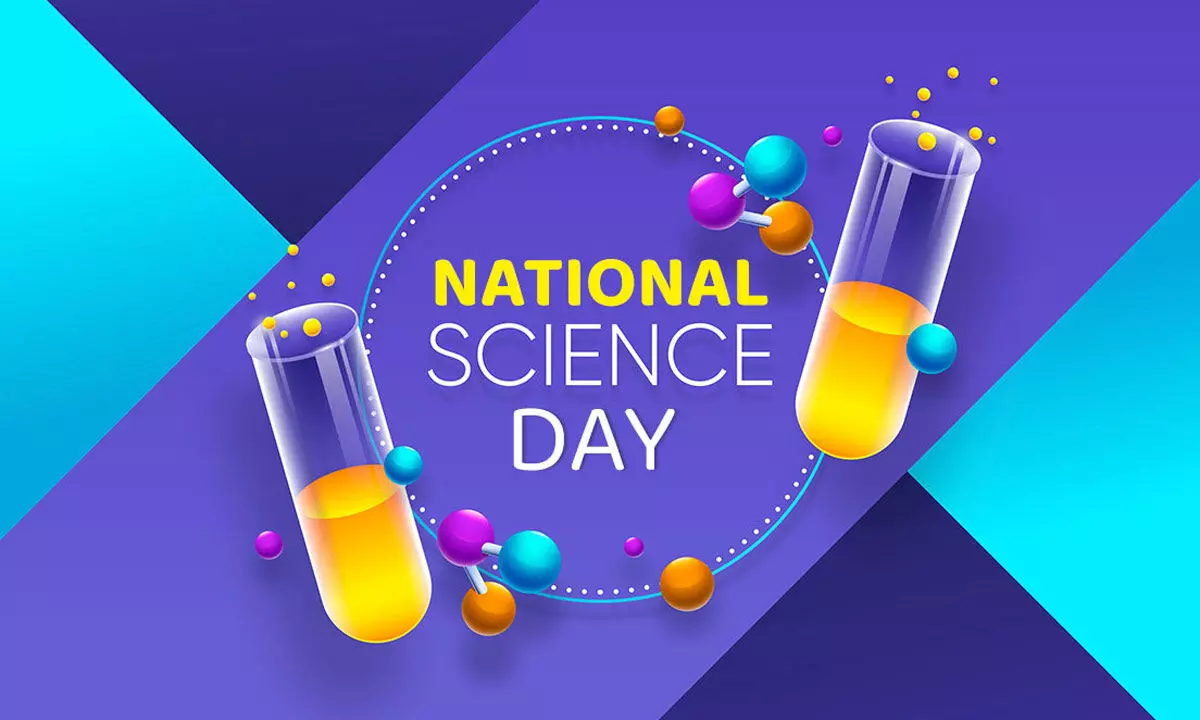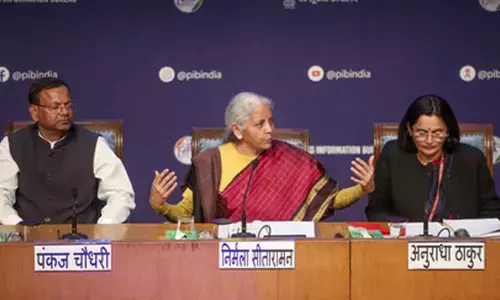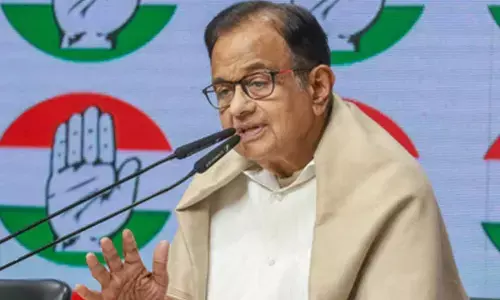National Science Day 2024: Know its Date, Significance and History

National Science Day is celebrated annually in India on February 28th to commemorate the discovery of the Raman effect by Indian physicist Sir C.V. Raman in 1928
National Science Day is celebrated annually in India on February 28th to commemorate the discovery of the Raman effect by Indian physicist Sir C.V. Raman in 1928. The significance of this day extends beyond honoring a scientific breakthrough; it serves as a reminder of the critical role of science and technology in advancing society and fostering innovation.
The history of National Science Day dates back to 1986 when the Government of India designated February 28th as a day to celebrate scientific achievements and promote scientific temper among the Indian population. This date was chosen to coincide with the anniversary of Sir C.V. Raman's groundbreaking discovery, which earned him the Nobel Prize in Physics in 1930. The Raman effect, which describes the scattering of light by molecules, revolutionized the field of spectroscopy and laid the foundation for numerous scientific and technological advancements.
One of the key objectives of National Science Day is to inspire and cultivate a scientific temperament among the youth of India. Through various educational programs, workshops, and exhibitions held on this day, students are encouraged to explore the wonders of science, conduct experiments, and develop a passion for inquiry and discovery. By fostering a culture of curiosity and critical thinking, National Science Day aims to nurture the next generation of scientists, engineers, and innovators who will drive India's future progress and development.
Moreover, National Science Day serves as a platform to showcase India's achievements and contributions to the global scientific community. It provides an opportunity to recognize and honor the work of Indian scientists, researchers, and institutions who have made significant contributions to various fields of science and technology. From pioneering discoveries in physics, chemistry, and biology to innovative applications in space exploration, healthcare, and agriculture, National Science Day celebrates the rich legacy of Indian science and its ongoing quest for excellence and innovation.
Furthermore, National Science Day plays a crucial role in promoting public understanding of science and raising awareness about the importance of scientific research and education. Through public lectures, science exhibitions, and media campaigns, the event seeks to demystify complex scientific concepts, debunk myths, and engage citizens in meaningful conversations about the role of science in addressing societal challenges and improving quality of life.
National Science Day is not only a celebration of past scientific achievements but also a call to action for the future. By inspiring curiosity, promoting education, and fostering innovation, it helps to create a more scientifically literate and technologically empowered society that is better equipped to tackle the challenges of the 21st century and beyond.














